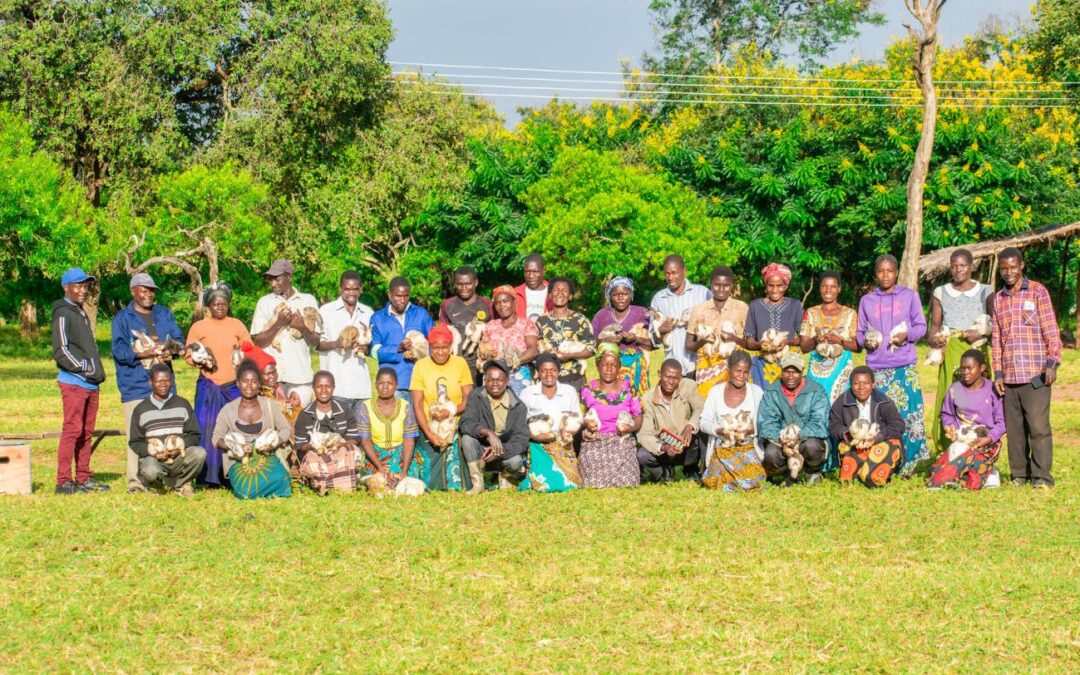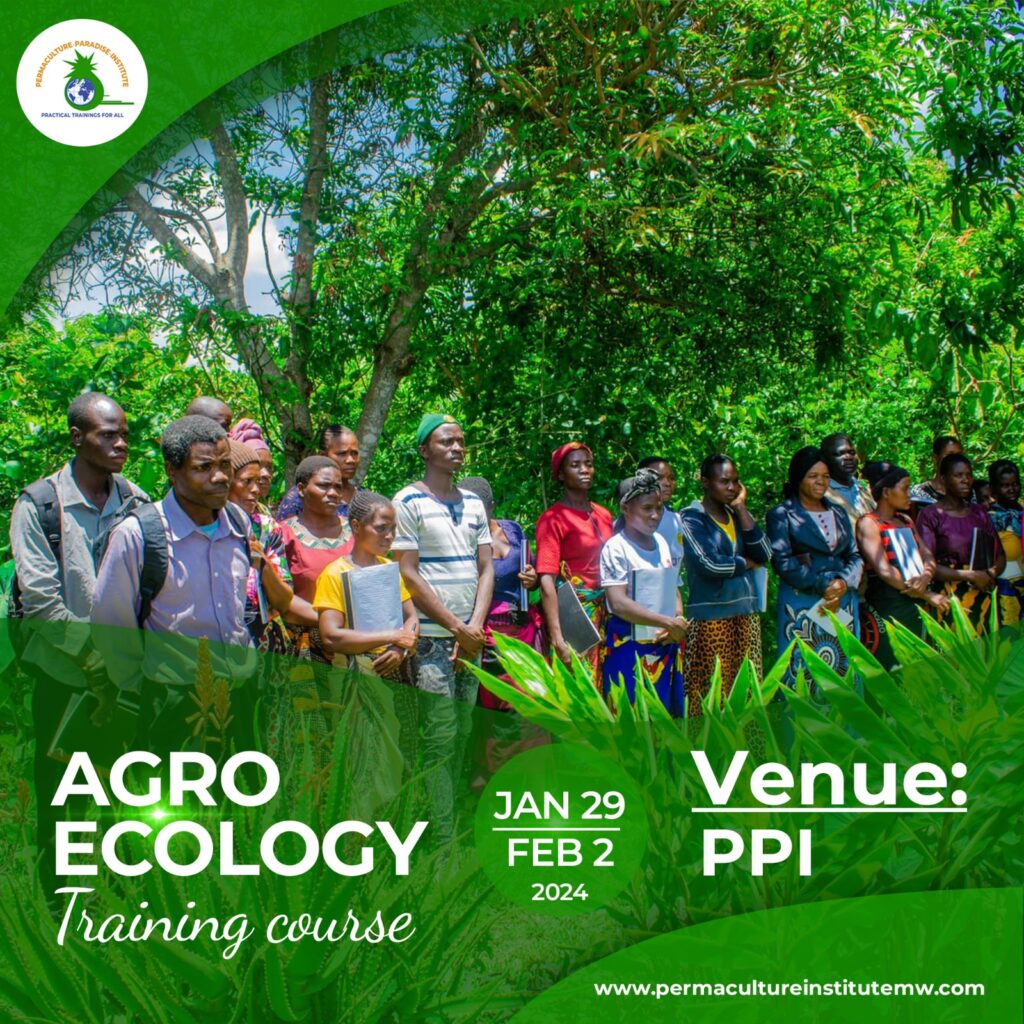Farmers receiving rabbits from Permaculture
Empowering farmers with sustainable and holistic farming practices is crucial in achieving food security and promoting economic growth in developing countries. In Malawi, the Food Forest Project has been making a significant impact in providing farmers with the necessary tools and resources to improve their livelihoods. The project focuses on permaculture principles and offers training to farmers, along with the distribution of rabbits, to promote sustainable agriculture.
The project has been implemented in several villages in Mchinji and Dowa districts, with the distribution of rabbits being a key strategy to provide a source of income for farmers. This not only supports their livelihoods but also helps in manure production for compost making and meat provision. The rabbits also serve as an effective way to manage weeds in fields, allowing farmers to save time and resources on labor-intensive weeding practices.
Training is also a crucial component of the Food Forest Project. The project offers a comprehensive training program that covers soil science and management, sustainable water management, and propagation techniques. The training program is designed to equip farmers with practical skills that are relevant to their local environment, enabling them to implement sustainable and holistic farming practices.


Day Two of the Permaculture Training

Day Three of the Permaculture Training

Day four of the Permaculture Training
The first day of training saw over 300 lead farmers in Mchinji and Dowa districts receive training, with an emphasis on the principles of permaculture. The second day was dedicated to practical training on soil science and management, with farmers being introduced to simple techniques for restoring the natural order of the soil. This enables farmers to promote soil life and its processes, making the soil more resilient to human impacts.
On the third day of training, farmers were introduced to sustainable designs for water management. This is crucial in areas where water scarcity is a major challenge, and farmers were taken through practical techniques for managing water in small and large scale systems. The final day of training focused on propagation techniques, with farmers being equipped with skills on how to propagate crops through grafting, budding, and seed saving. This enables farmers to produce high-quality seeds that are adapted to their local environment, thereby improving crop yields.

The Food Forest Project has also been implementing a solar water project in Mchinji district in partnership with Sopowerful and Agroforestry Regeneration Communities. The project aims to facilitate the establishment of food forests to help address issues such as hunger, malnutrition, climate change, and water-related challenges. The progress of the project has been encouraging, and it is expected to continue to have a positive impact on the community.
In conclusion, the Food Forest Project is providing farmers in Malawi with the necessary resources and training to improve their farming practices. By embracing sustainable and holistic farming methods, farmers are not only able to improve their livelihoods but also contribute to food security in the country. The project is a shining example of how implementing sustainable agriculture practices can lead to positive outcomes for both farmers and the environment.



